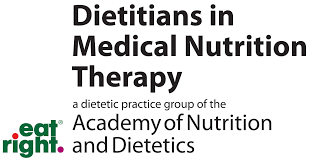Inflammatory bowel disease (IBD): Using nutrition to improve recovery
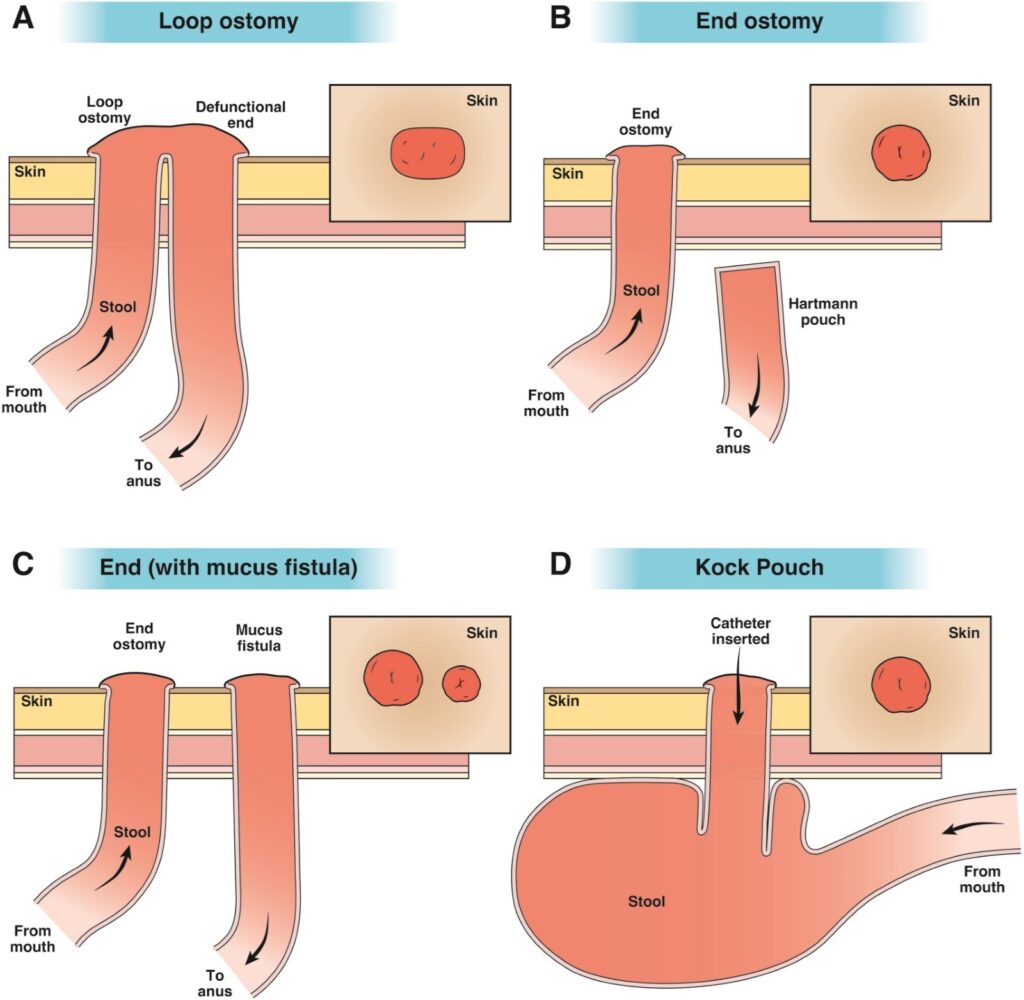
Proper nutrition for patients with inflammatory bowel disease before and after surgery can help improve recovery.
Inflammatory bowel disease (IBD): Staying hydrated
Taking in enough fluids is important for patients with inflammatory bowel disease, or IBD, who are especially at risk for dehydration.
Iron in GI conditions
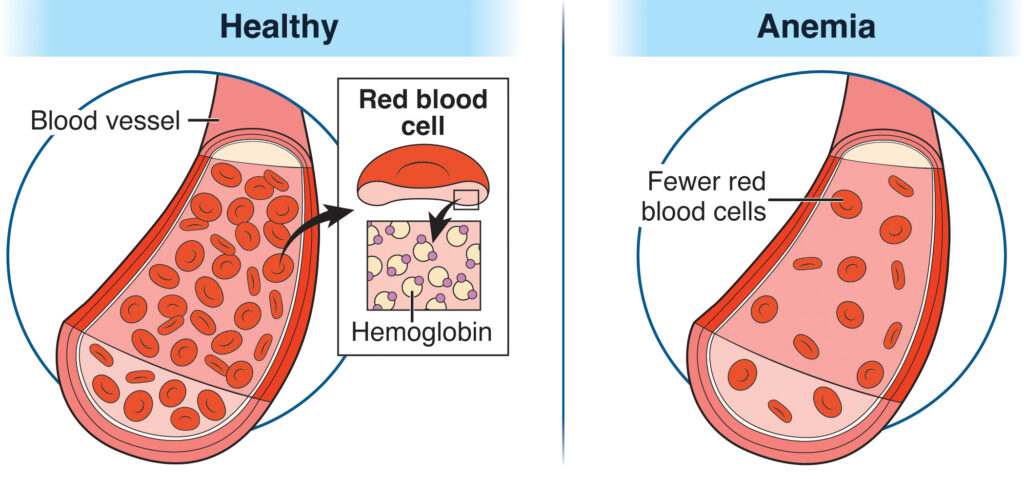
A normal iron level is important to make healthy red blood cells and to help support your quality of life with digestive conditions.
Ostomy

An ostomy is an opening in your stomach that is made by surgery to let solid or liquid waste leave your body.
Iron deficiency anemia
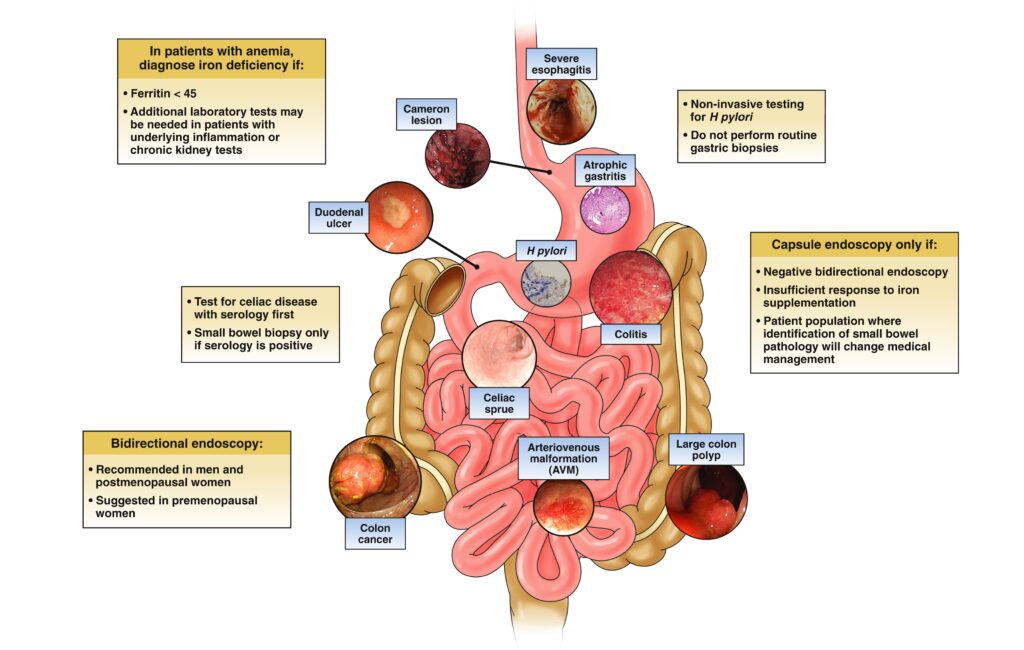
Iron deficiency anemia is the most common type of anemia that happens when you don’t have enough iron to make healthy red blood cells.
Colonoscopy
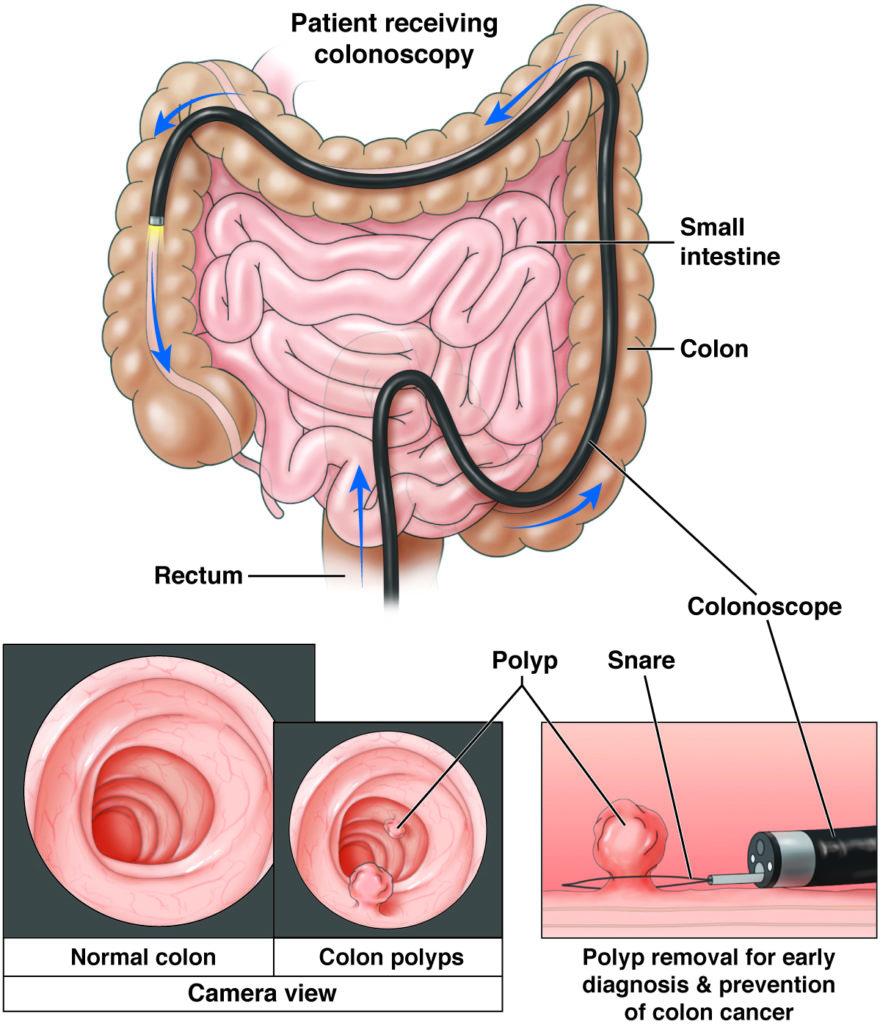
A colonoscopy is a procedure performed by a doctor called a gastroenterologist, who uses a colonoscope to look inside the colon and check for diseases like cancer or colitis.
Inflammatory bowel disease (IBD): Vaccine recommendations
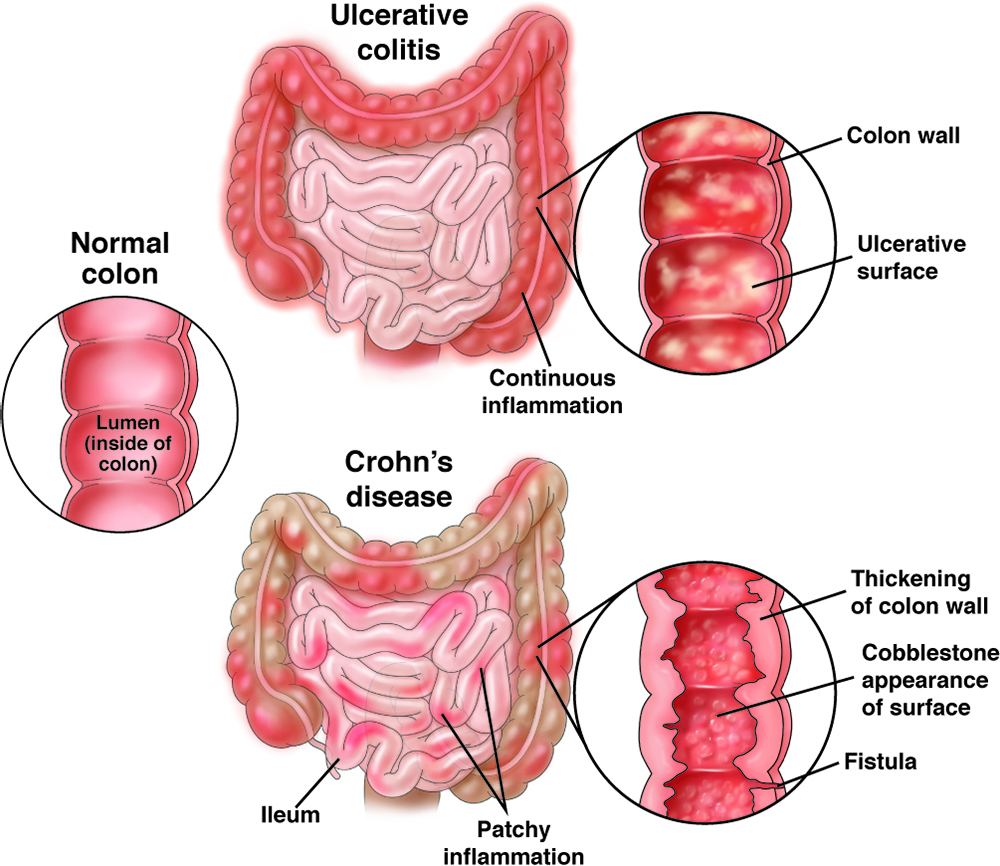
Patients with IBD need to work with their health care providers to decide which vaccines they need to stay healthy.
Colorectal cancer screening: What to expect when paying
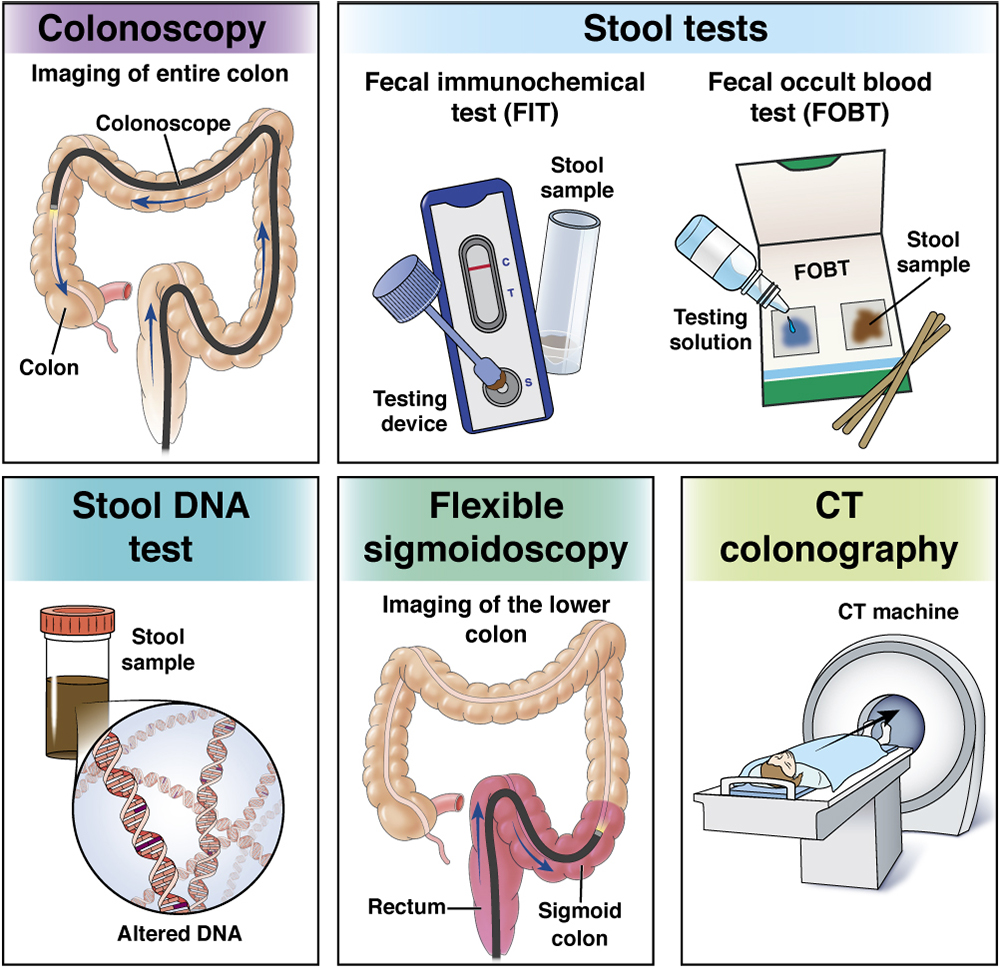
Learn what to expect and what to do if you get a bill you were not expecting after having a colorectal cancer screening.
Crohn’s disease: exclusive enteral nutrition
Exclusive enteral nutrition, or EEN, is a low risk and safe therapy that can help improve symptoms of Crohn’s disease.
Inflammatory bowel disease (IBD): Role of fiber
Consuming a wide variety of foods with fiber is important for gut health in patients with inflammatory bowel disease, or IBD.


